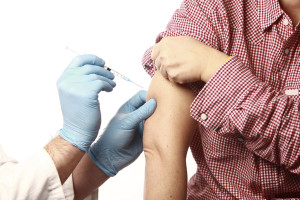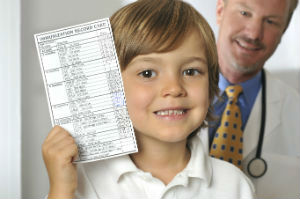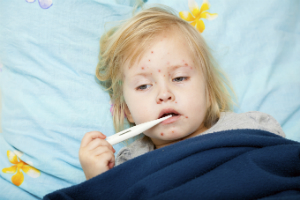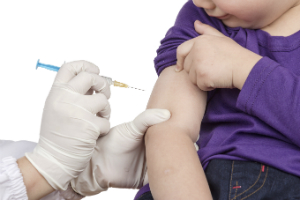
As parents, we’d do anything to protect our kids and keep them safe.
So why are some opting not to vaccinate their children?
It’s a question that mystifies health care professionals.
“Getting all of the recommended vaccinations is one of the most important things a parent can do to protect their children’s health,” said Lisa Morrill, director of nursing and infection control at Spectrum Health Ludington Hospital. “Immunizations give parents the proven power to safeguard their children against serious and potentially deadly diseases such as polio, measles, whooping cough and chickenpox.”
A recent survey from the Pew Research Center suggests a vast majority of Americans agree that childhood vaccines are safe. But about 20 percent of parents are still keeping vaccines away from their children. For many, it’s the misconception that vaccines are not safe.
“Vaccines are very safe,” Morrill said. “They’re thoroughly tested and carefully monitored to ensure safety. Any side effects are usually mild and temporary.”
August is National Immunization Awareness Month and Morrill reminds people that it’s not just children who need vaccinations.
“There’s a misconception among many adults that vaccines are just for children,” she said. “The truth is you never outgrow the need for immunizations.”
Every year, thousands of adults suffer serious health problems, are hospitalized, or even die from diseases that could have been prevented by vaccination such as influenza, shingles, pneumonia, hepatitis and whooping cough.
Unfortunately, the Centers for Disease Control and Prevention (CDC) says most adults don’t receive vaccines as recommended. For example, only 42 percent of adults received a flu shot last year, while just over 20 percent have been vaccinated for shingles and pneumonia.
“Vaccination is important because it not only protects the person receiving the vaccine, it also helps prevent the spread of diseases to friends, classmates, coworkers and others in the community,” Morrill said.
 /a>
/a>
 /a>
/a>
 /a>
/a>